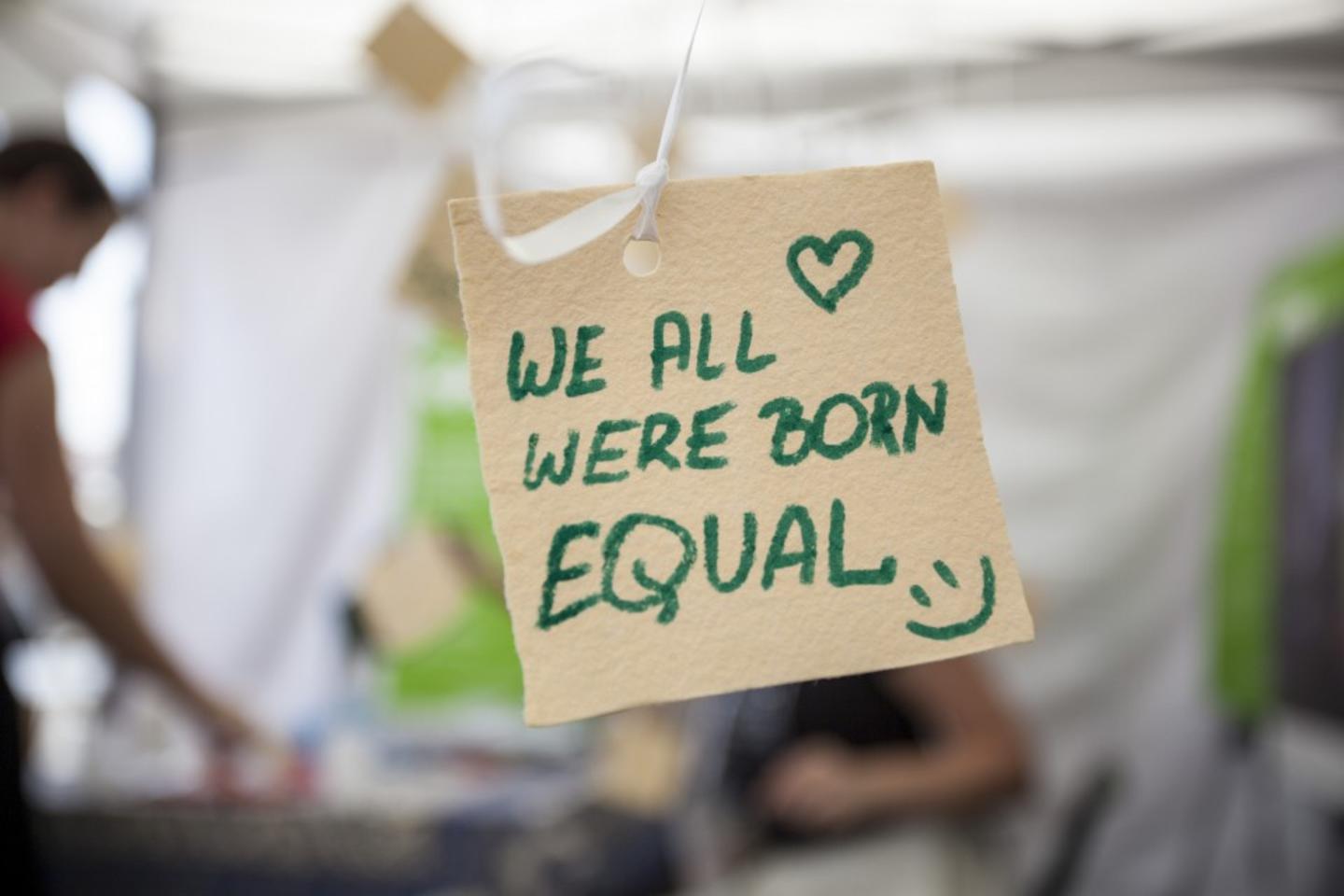The projects will be implemented across Poland from now until the end of April 2016 by non-governmental organisations (NGOs). These include the Warsaw-based Helsinki Foundation for Human Rights, the Ethnos Social Cultural Association in Łódz, the Immigrant Support Centre in Gdynia, the Nomada Association for Multicultural Society Integration in Wrocław and the Foundation Dialogue in Bialystok.
Wars and violence in the Middle East and North Africa – particularly in Syria – have driven record numbers of refugees to seek safety and asylum in Europe. Civil society has a key role to play in raising public awareness of the plight of refugees and encouraging support. NGOs also provide critical services to help refugees integrate into their new communities and in monitoring the human rights situation.
The projects selected will help prepare local public institutions and communities to receive new groups of refugees. Some examples include:
- In Mazowieckie, Lubelskie and Łódz, public administration workers responsible for the reception of refugees will undertake training in refugee law and intercultural dialogue as part of the ‘Rights of Foreigners’ project.
- Through the ‘Wrocław Welcomes Refugees’ project, a coalition of NGOs will be created as a platform for dialogue between civil society and local government in the Lower Silesia region. Drawing on the experience of the German coalition ‘Dresden für Alle’, the platform will carry out monitoring, advocacy and coordination activities with local government.
- Female refugees have often experienced gender-related sexual, physical and psychological violence, both in their countries of origin and on their journey. A project in Warsaw will provide training to NGOs to enable them to better support victims of violence.
Action for awareness-raising
In addition to the 17 new projects, a further €200 000 is available for communication activities and good practice exchange. These activities, to be implemented during the course of 2016 and early 2017, seek to address widespread hostility towards refugees in Poland and reduce the level of fear among ordinary people. Two categories of activities will be supported.
Firstly, activities designed to engage ordinary people and share best practices developed by civil society in the integration of refugees. Examples include:
- An online resource centre 'uchodźcy.info' (refugees.info) will provide information about refugees and debunk myths about the refugee crisis. The portal will also publicise fundraising and cultural events.
- Two nationwide 'Action Weeks' will be organised (in June and October 2016) with educational and cultural events (e.g. meetings with refugees, music concerts, poetry slams, fundraisers etc.)
- A competition for journalists will be organised to encourage local press to tackle issues relating to refugees and increase understanding of the benefits of diversity.
Secondly, activities addressing NGOs and civil society organisations. As confirmed by a recent report issued by the Supreme Audit Office, Poland lacks a coherent integration policy. There is a critical need to enhance cooperation and sharing of experience between civil society and decision-makers. Examples include:
- A two-day NGO Forum to discuss the most urgent issues regarding the refugee crisis in Europe. It will bring together around 100 NGO representatives from the EEA Grants donor countries and NGO programmes in the other beneficiary countries.
- Study visits for project promoters dealing with refugee issues to visit similar NGOs in countries with well-developed refugee integration strategies and policies.
About the programme
Financed by Iceland, Liechtenstein and Norway through the EEA Grants, the Polish NGO programme ‘Citizens for Democracy’ seeks to strengthen civil society development and enhance its contribution to social justice, democracy and sustainable development. It supports projects in the following areas: public scrutiny, combating discrimination, countering exclusion, empowerment and education for children and youth.
